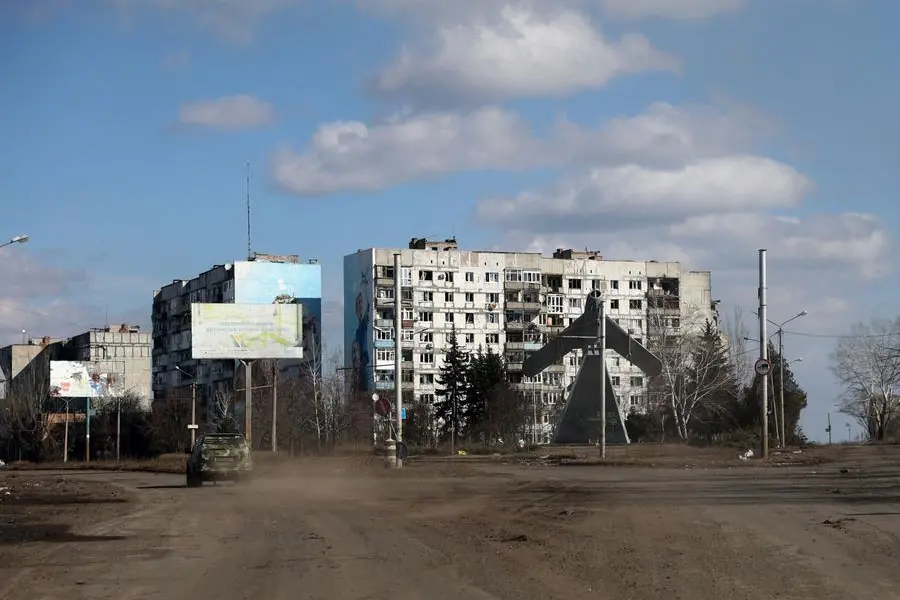PHOTO
Ukraine's top prosecutor said Friday the country is moving towards opening an office of the International Criminal Court (ICC) as Kyiv seeks to establish a special tribunal to prosecute the leadership in Moscow.
The ICC is currently probing possible war crimes and crimes against humanity during the war on Ukraine but it has no mandate to pursue the broader crime of aggression.
"Today, the Cabinet of Ministers of Ukraine approved a memorandum between the Ukraine government and the International Criminal Court, which will allow the opening of the office of the Prosecutor of the International Criminal Court in Ukraine in the near future," Andriy Kostin said.
Kostin told a justice conference in Lviv, western Ukraine, it will "allow the ICC prosecutor to more fully investigate international crimes committed in Ukraine".
"However, there are currently no legal mechanisms that would allow the ICC to bring to justice for the crime of aggression those who planned and launched this brutal and unprovoked war," Kostin said.
"This requires the establishment of a special international tribunal," he added.
Speaking at the conference, Ukraine's President Volodymyr Zelensky said Ukraine "will further strengthen our relationship with the ICC".
"Russian President Vladimir Putin and all his accomplices must receive lawful and fair sentences," Zelensky said, adding that "over 70,000 Russian war crimes" have been registered in Ukraine.
"We all seek to punish the terrorist state. This is the moral and legal duty of the world to the victims of Russian terror," he added.
Also in Lviv, Dutch Foreign Minister Wopke Hoekstra announced the creation of a "dialogue group" on Ukraine.
The group "will provide states, international organisations and civil society with a platform to discuss and update each other on national and international accountability initiatives," he said.
He added the Hague will also host an "international centre for the prosecution of the crime of aggression" and a "register of damage" caused by Russia to Ukraine.
The EU -- along with key member states -- have backed setting up a special tribunal but there are complex legal disputes over how it could work.





















